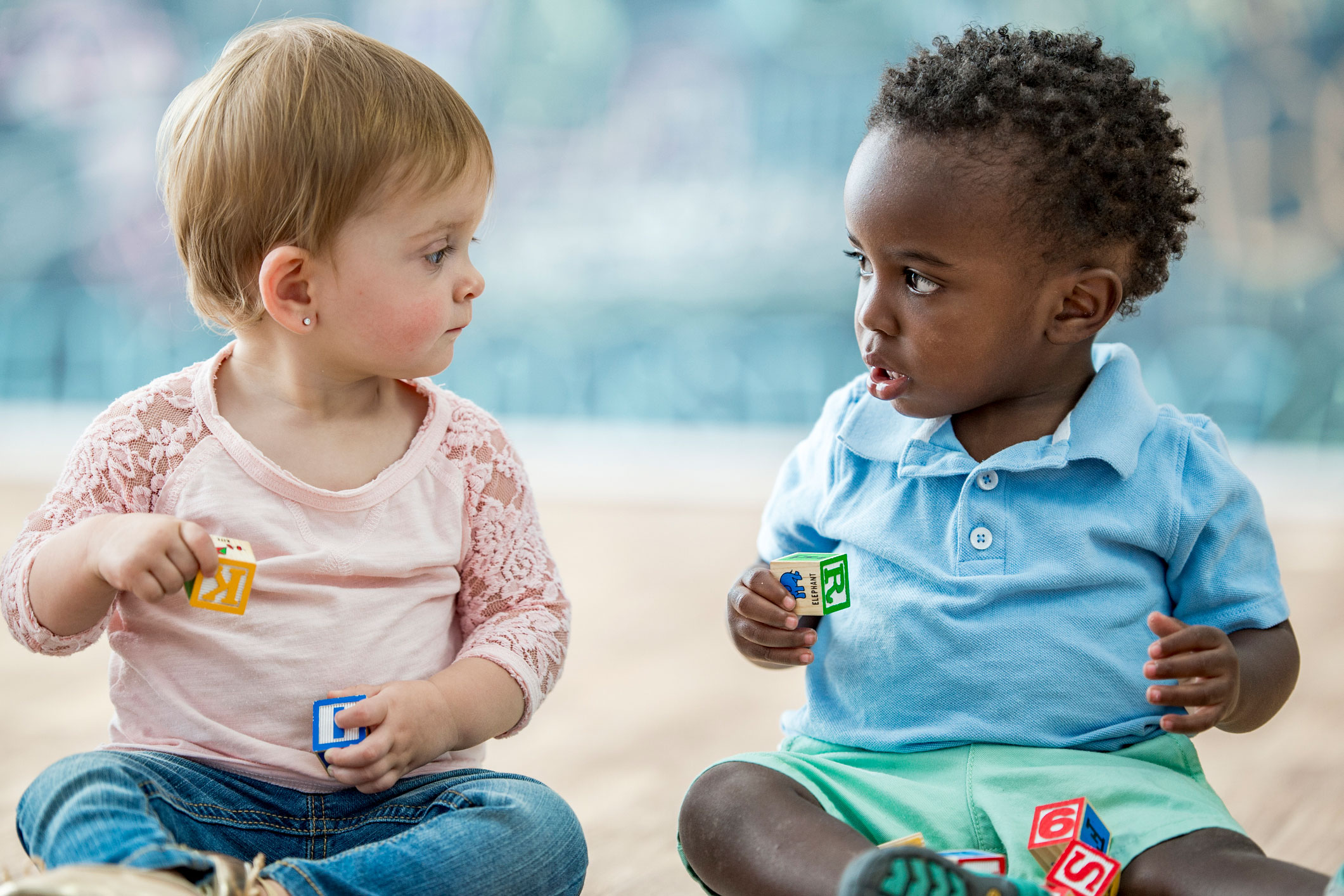It might be better to prohibit children from the internet. Across the West, governments are pushing for more electricity to alter our online world while authoritarian political events are gaining extra authentic power. This portends a future wherein what human beings can say online is subject to the whims of unwell-that means bureaucrats.
Calls for law or censorship are often justified through the defensible and likely accurate tension that the repute quo ill-serves the net’s youngest customers.
In the United Kingdom, the authorities in a white paper recently proposed a crackdown on any website that “allows customers to proportion or discover user-generated content, or interact with every different online.” Its proponents noted that “the impact of harmful content material and interest may be especially unfavorable for children and younger people, and there are developing issues about the ability impact on their intellectual fitness and wellbeing.”
In the United States, cyberbullying and net protection rank as a few of the pinnacle worries of dads and moms. Their anxiety isn’t irrational, as Jean M. Twenge argued in a September 2017 cover tale in The Atlantic on the era’s role in mental health problems among young adults. The Guardian stated, “growing stress on the authorities to behave within the wake of the loss of life of teenager Molly Russell,” a 14-year-vintage whose father believes that “publicity to images of self-harm on social media become a component in her taking her very own life.”

More in this collection
The Speech Wars
The combat over free expression
The Online Speech Wars
Elyse Kelly
Discrimination’s Digital Frontier
Aaron Rieke Corrine Yu
Basing Lawson Nothing Is Easier Than Using Evidence
John List Eszter Czibor
The Washington Post has suggested ISIS’s efforts to recruit children in Western international locations. “A 12-year-vintage German Iraqi boy—guided through an Islamic State contact within the Middle East who warmly addressed him as ‘brother’ and groomed the boy through the encrypted messaging app Telegram—constructed and tried to detonate a bomb close to a shopping center within the western German metropolis of Ludwigshafen,” the newspaper referred to. “A 15-year-vintage female—the daughter of a German convert to Islam and a Moroccan mother—become sentenced to 6 years in jail for an attack final February on a German police officer in Hanover. She gouged him in the neck with a kitchen knife, causing lifestyles-threatening accidents after being befriended and cajoled via an Islamic State trainer through a text messaging provider.”
With every viral tale approximately terrifying harm, political pressure for brand-spanking new guidelines that protect children will probably grow. Perhaps the fine manner ahead is to try to develop a regulatory regime that moves the proper balance between free speech for all (adults) and the wellbeing of children. But I’m no longer hopeful that society will succeed in that enterprise. One opportunity is to ban children from the open internet, where the violence is greater in photographs than in any R-rated movie, the intercourse is more sensual than any strip membership, and the bullies get 24-hour get entry to kids’ bedrooms.
There are reasons society hasn’t taken that path. Kids badly need net-related gadgets. And the internet offers many blessings to younger humans. As the U.K. mentioned above White paper places it: Most kids have a positive enjoyment online, using the net for social networking and connecting with friends, in addition to accessing academic sources, records, and entertainment. The net opens new possibilities for gaining performance, creativity, and expression knowledge.
Research using UNICEF (2017) indicates that generation is useful for kids’ social relationships, enabling them to beautify present relationships and construct nice friendships online. A file using The Royal Society for Public Health in 2017 states that young human beings reading blogs or looking at vlogs on non-public health issues helped enhance their expertise and expertise brought people to access health offerings, and enabled them to explain their fitness troubles, better or make higher picks.
Research via Ofcom confirmed that nine in ten social media users are elderly, 12–15, and this user has made them feel glad or helped them experience in the direction of their pals. Two-thirds of 12–15-year-olds who use social media or messaging websites say they ship guide messages, comments, or posts to buddies if they’re having a hard time. One in 8 guides reasons or organizations by sharing or commenting on posts. In the 2019 UK Safer Internet Centre survey, 70% of young humans surveyed said that being online helps them understand what’s going on inside the globe forty-three % said they were inspired to do so due to something they noticed online, with forty-eight % pointing out being online makes them a sense that their voice or actions matter.
Moreover, there may be a feeling that, for higher or worse, there’s no fighting era––that today’s younger people can be saved from the internet no more than the day before these young humans from the printing press or TV. And imagine the injustice of punishing a technological know-how-loving eleven-12 months-antique, or her mother and father, for a session at TheAtlantic.Com studying approximately hagfish slime.





